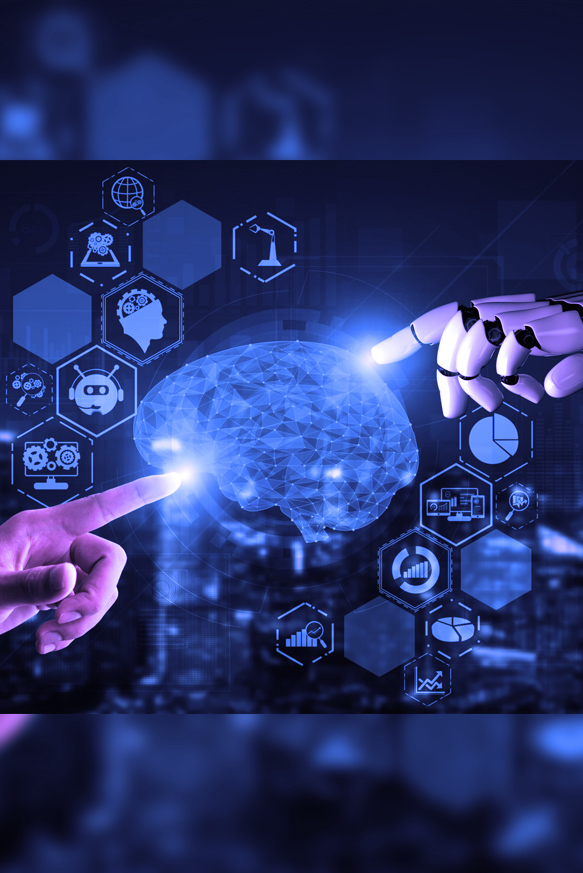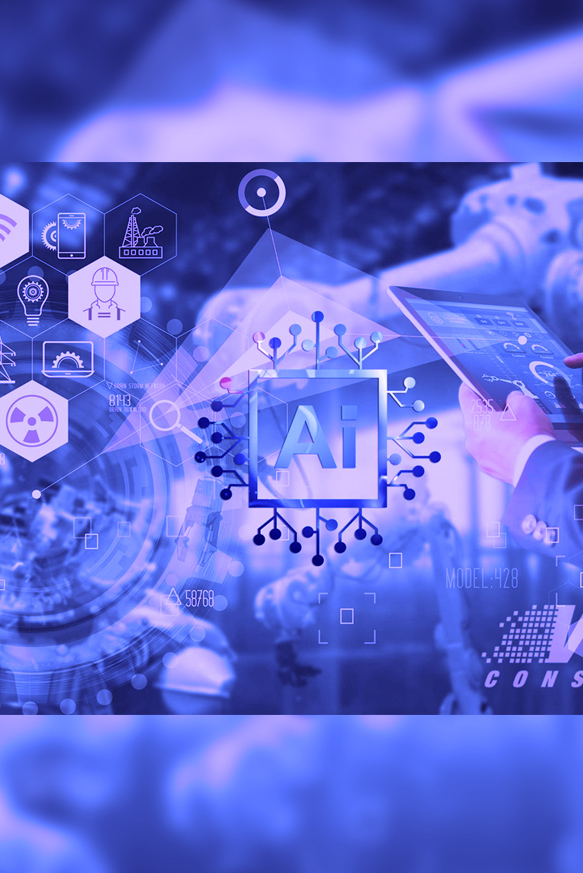How AI is Revolutionizing Business Automation
Explore how AI is reshaping business automation, driving efficiency, and unlocking new opportunities.
Automation has always been a cornerstone of industrial and technological progress. With the advent of artificial intelligence (AI), the scope of automation has expanded beyond repetitive tasks to encompass complex decision-making processes. Businesses across industries are leveraging AI-driven solutions to streamline operations, reduce costs, and gain a competitive edge. In this article, we explore how AI is transforming business automation and why now is the time to embrace it.
1. The Rise of AI-Driven Automation
Traditional automation has been instrumental in improving efficiency, but it often relies on rigid, rule-based processes. AI takes automation to the next level by introducing adaptability and intelligence. Machine learning algorithms and natural language processing enable AI systems to analyze data, learn patterns, and make decisions autonomously.
AI-driven automation is no longer limited to manufacturing floors—it’s now embedded in everyday business processes, from customer service chatbots to complex supply chain management systems.
2. Key Benefits of AI in Business Automation
- Efficiency and Productivity: AI can handle tasks faster and more accurately than humans, freeing up employees to focus on high-value work.
- Cost Reduction: By minimizing errors and automating repetitive tasks, AI reduces operational costs significantly.
- Scalability: As businesses grow, AI systems can easily scale to handle increased workloads without additional human resources.
- Improved Decision-Making: AI analyzes vast amounts of data to provide actionable insights, enabling smarter business strategies.
3. Real-World Examples of AI-Driven Automation
- Customer Support: AI chatbots provide 24/7 support, resolving issues quickly and enhancing customer satisfaction.
- Document Processing: AI-powered OCR systems automate the extraction and organization of data from invoices, contracts, and other documents.
- Inventory Management: AI predicts demand patterns, optimizing inventory levels and reducing waste.
- Marketing Automation: AI personalizes marketing campaigns by analyzing user behavior and preferences.
4. Overcoming Challenges in AI Adoption
While the benefits of AI-driven automation are clear, businesses often face challenges in implementation. These include:
- Data Quality: AI systems require clean, structured data to function effectively.
- Integration with Existing Systems: Seamlessly embedding AI into legacy infrastructure can be complex.
- Change Management: Employees need training and support to adapt to AI-enhanced workflows.
By addressing these challenges with the right strategy and tools, businesses can unlock the full potential of AI.
Conclusion
AI is no longer a futuristic concept—it’s a present-day game-changer for businesses looking to automate and innovate. From enhancing productivity to enabling smarter decision-making, AI-driven automation is reshaping the way organizations operate.
As AI technology continues to evolve, the possibilities for business automation are virtually limitless. Embracing AI today means staying ahead of the curve and setting your business up for long-term success.
Ready to transform your operations with AI? Explore how Terranoha.ai’s innovative solutions can revolutionize your business workflows. Contact us today to learn more!



